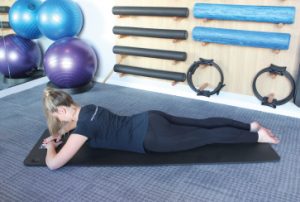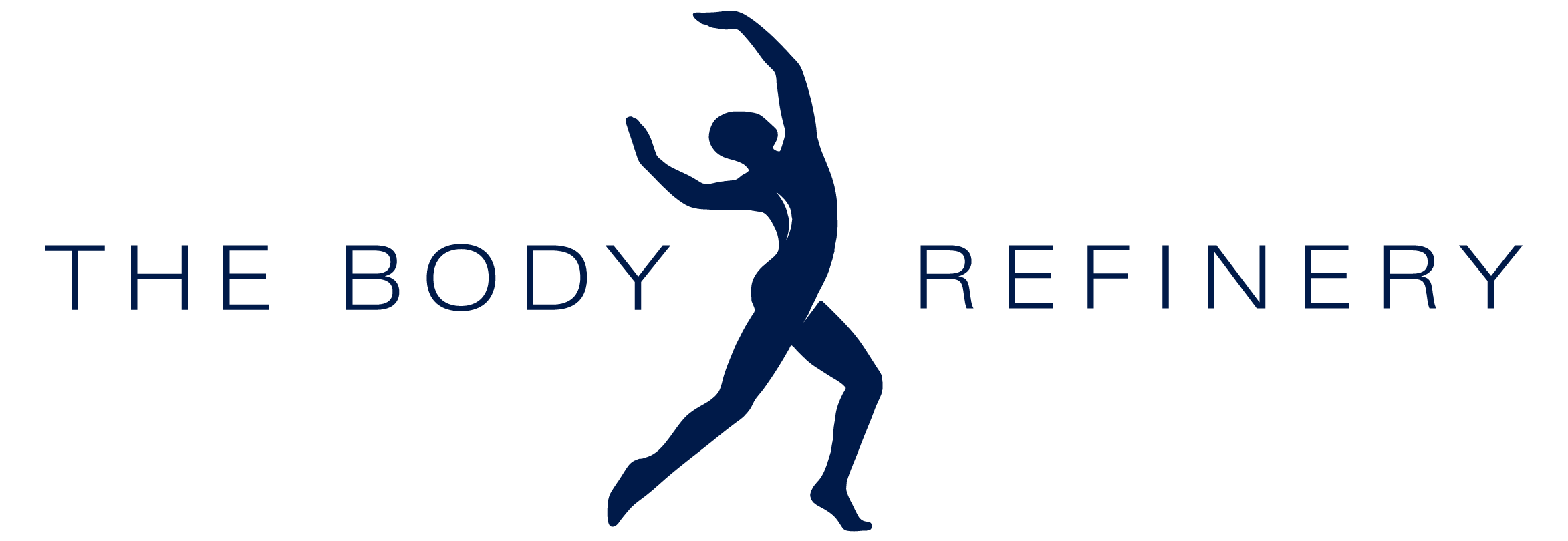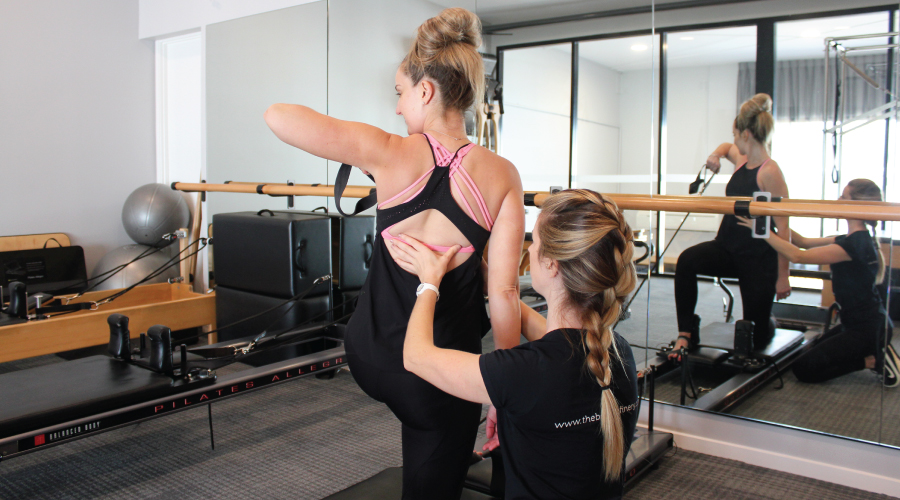Chronic Low Back Pain (LBP) is a condition that affects more than 50% of the population, with 70% of the population believed to experience an episode of LBP within their lives. Research shows that 60-80% of these patients will experience another episode of back pain within 1 year of an episode. With such a high prevalence, LBP is the second most common reason for absenteeism and for seeking medical consultation.
Through research, we now understand that after an initial onset of LBP there is a dramatic weakness, accompanied by an incorrect firing pattern in the key spinal stabiliser muscles, including the core muscles & multifidus. Importantly, without specific retraining, these muscles do not spontaneously recover. Despite the lack of pain, this ongoing weakness means the spine is not receiving sufficient support to prevent ongoing shearing forces across the disc and joints, which can result in chronic or recurrent LBP.
A common misunderstanding is that the strengthening of the superficial abdominal muscles is directly related to the deep core stabilising system. Many patients have heard of the need to perform abdominal exercises post LBP, and so begin strengthening exercises for the rectus abdominis and for the internal/external obliques. However, these strengthening exercises are not very effective in preventing LBP, compared to specific stabilising exercises involving the transversus abdominis & multifidus muscles.
Work on your core system
Studies have found that strengthening superficial muscles, despite not being stabilising muscles, does help to decrease pain and improve function after an episode of low back pain. However, the results were not as significant as those achieved by performing specific stabilising exercises of the core system. Core strengthening resulted in a 90% improvement in both reported pain and functional disability when using the McGill Questionnaire. The significant improvements with specific core training are explained by the fact that the two primary muscles, which are inhibited by LBP are re-activated to function correctly. As the multifidus has been found to atrophy after LBP, without specific training this muscle does not revert back to its pre-injury state, and therefore does not provide the stability required.
Patients who focus solely on exercising the larger superficial muscles still show improvements in pain and function. With a moderate contraction of the rectus abdominis and obliques, there is still an increase in intra-abdominal pressure which helps to alleviate compression forces on the disc. However, despite significant improvements in the strength of the superficial muscles, studies show that there was no change in activation of the deep core stabilising muscles. The increase in intra-abdominal pressure is a secondary stabilisation system and does not provide the micro segmental stabilisation that is delivered by the core stabilisers.

Strengthening the superficial abdominal muscles certainly has its role in recovery from chronic LBP, however, it is necessary to first target the primary muscles that provide spinal segmental stability prior to global strengthening. Even without the superficial muscles, activation of the transversus abdominis and multifidus alone results in better outcomes for LBP patients. With correct management and guidance, patients with LBP who reactivate their core system in combination with their global stabilising muscles have a far better chance of preventing future episodes.
Pilates for LBP
This research clearly demonstrates the significant benefits to LBP patients that the addition of a targeted exercise program, such as Pilates, can have in retraining the deep spinal stabilisers. Pilates is designed to seamlessly progress patients into functional strengthening so that the spine is supported during everyday activities.
Can’t make it to our studio? Physiotherapist, Aga, has developed a 4-week Low Back Pain Online program in order for you to exercise everyday at home, at your own rhythm. More info on https://www.thebodyrefineryonline.com/low-back-pain-program
_ _ _
Book an appointment with a Physiotherapist today by calling 07 3358 3915 or visit info@thebodyrefinery.com.au.
Can’t make it to the studio? Take your physiotherapist and Pilates Instructor with you with our 4-week online Low Back Pain program.
Follow us on Facebook, Instagram and Twitter for a daily dose of Pilates and Wellbeing.


